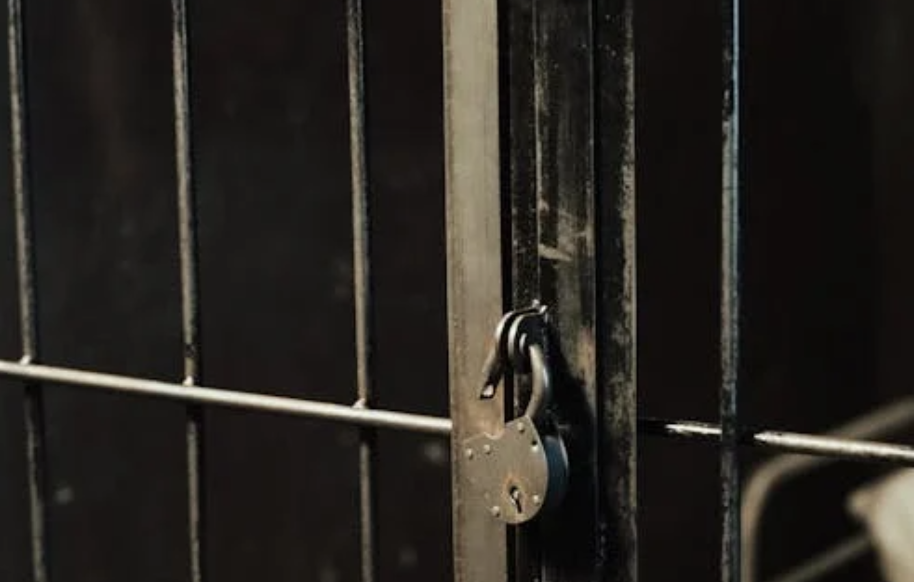A 69-year-old British grandmother has finally returned home after spending 12 years on death row in Indonesia, marking the end of a long and painful chapter in her life. The woman was convicted in 2013 for drug trafficking after being found with nearly 5 kilograms of cocaine valued at £1.6 million upon her arrival in Bali from Thailand in 2012.
Her return follows an agreement between the United Kingdom and Indonesian governments, which facilitated her repatriation on humanitarian grounds. She was accompanied on the flight by another British national, Shahab Shahabadi, who had been serving a life sentence for drug smuggling.
The two were flown out of Bali shortly after midnight local time, with officials confirming that both individuals were in poor health. Indonesian authorities noted that the woman was “seriously ill,” while Shahabadi was suffering from multiple health and mental challenges. Before her departure, she appeared in a wheelchair at a press conference held inside the Bali prison.
Although she admitted to carrying the drugs more than a decade ago, she maintained that she did so under duress, claiming that a drug syndicate had threatened to kill her son if she refused to cooperate. Her case drew global attention and reignited debates around Indonesia’s strict anti-drug laws and the treatment of foreign nationals convicted under them.
The United Kingdom’s government confirmed that the two repatriated citizens would receive medical attention upon their return and would continue to be handled according to UK legal procedures. Officials emphasized that the repatriation was purely humanitarian, with both prisoners having spent years under harsh conditions.
Indonesia is known for its severe stance on drug-related crimes, including the death penalty. However, in recent years, it has released or repatriated several high-profile inmates, signaling a possible softening in approach for select humanitarian cases.
Last year, Indonesia sent home the remaining members of the notorious “Bali Nine” drug ring after they completed nearly two decades behind bars. The group’s leaders were executed by firing squad in 2015. Around the same time, Filipino national Mary Jane Veloso, who claimed she was deceived into carrying narcotics, was also allowed to return home.
The woman’s release and repatriation close one of the longest-running cases involving a British citizen on death row in Southeast Asia, offering a measure of relief after years of uncertainty and legal battles.

